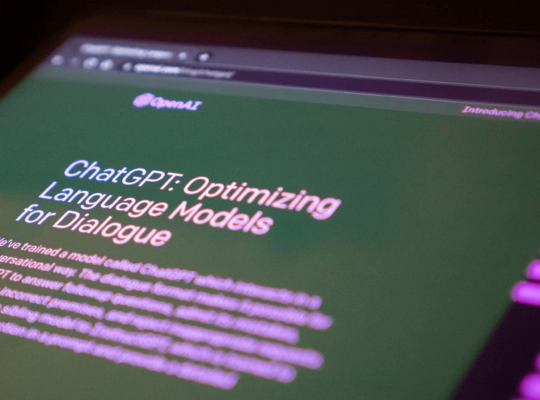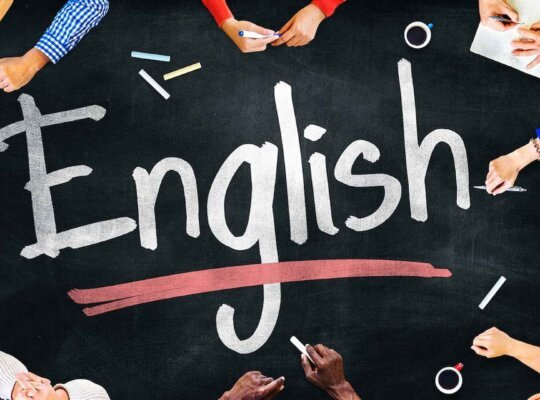Natural Language Processing (NLP) is a subfield of Artificial Intelligence (AI) that focuses on understanding and interpreting human language. In the field of education, NLP can revolutionise the way we teach and learn by enabling personalised, interactive, and efficient learning experiences for schoolers.
One of the most significant ways NLP can impact education is through improving language learning. NLP algorithms can help students improve their vocabulary and grammar by providing personlised feedback on their writing and speaking abilities. By analysing student essays, presentations, or conversations, NLP tools can identify grammar and spelling errors and provide suggestions for improvement. Moreover, NLP-powered language models can generate custom sentences, phrases, and paragraphs based on a student’s interests and proficiency level, thereby enhancing their learning experience.
Research conducted on the impact of NLP in education has shown that it can enhance schoolers’ writing skills significantly. According to a study published in the Journal of Educational Computing Research, NLP-based writing tools were found to improve students’ grammar, vocabulary, and overall writing quality. In the study, students who used an NLP-powered writing tool scored higher on a writing test than those who did not.
NLP can also improve schoolers’ reading comprehension by analysing texts and generating personlised summaries, questions, and quizzes. NLP algorithms can analyse a student’s reading level and provide appropriate reading material and comprehension questions. Research conducted by the Institute of Education Sciences has shown that personlised reading interventions can significantly improve students’ reading abilities and overall academic performance.
Another way NLP can benefit schoolers is through Chatbots and virtual assistants. NLP-powered Chatbots can answer schoolers’ questions in real-time, providing personlised and immediate feedback. Virtual assistants can help with homework, schedule reminders, and provide personlised learning resources based on individual learning styles and preferences.
Research conducted on the effectiveness of NLP Chabot has shown that they can significantly enhance student engagement and satisfaction. According to a study published in the International Journal of Educational Technology in Higher Education, students who interacted with an NLP-powered Chabot reported higher levels of satisfaction with their learning experience.
Furthermore, NLP can help identify at-risk students and provide personlised interventions to improve their academic performance. By analysing data from student records, attendance, and social media, NLP algorithms can detect patterns and indicators of academic and social-emotional issues. Based on these patterns, NLP can provide personlised recommendations and interventions to help struggling students.
In the ultimate analysis, NLP has significant potential to pave the way for schoolers by providing personlised, interactive, and efficient learning experiences. NLP-powered language models, writing tools, reading interventions, Chabot, and virtual assistants can enhance schoolers’ language learning, reading comprehension, engagement, and academic performance. As more research is conducted and more schools adopt NLP tools, we can expect to see even more significant advancements in the field of education.

Meet Sir Faisal Amin – a visionary educator and content management expert, who has made a lasting impact in the education sector with his unwavering commitment and passion.








